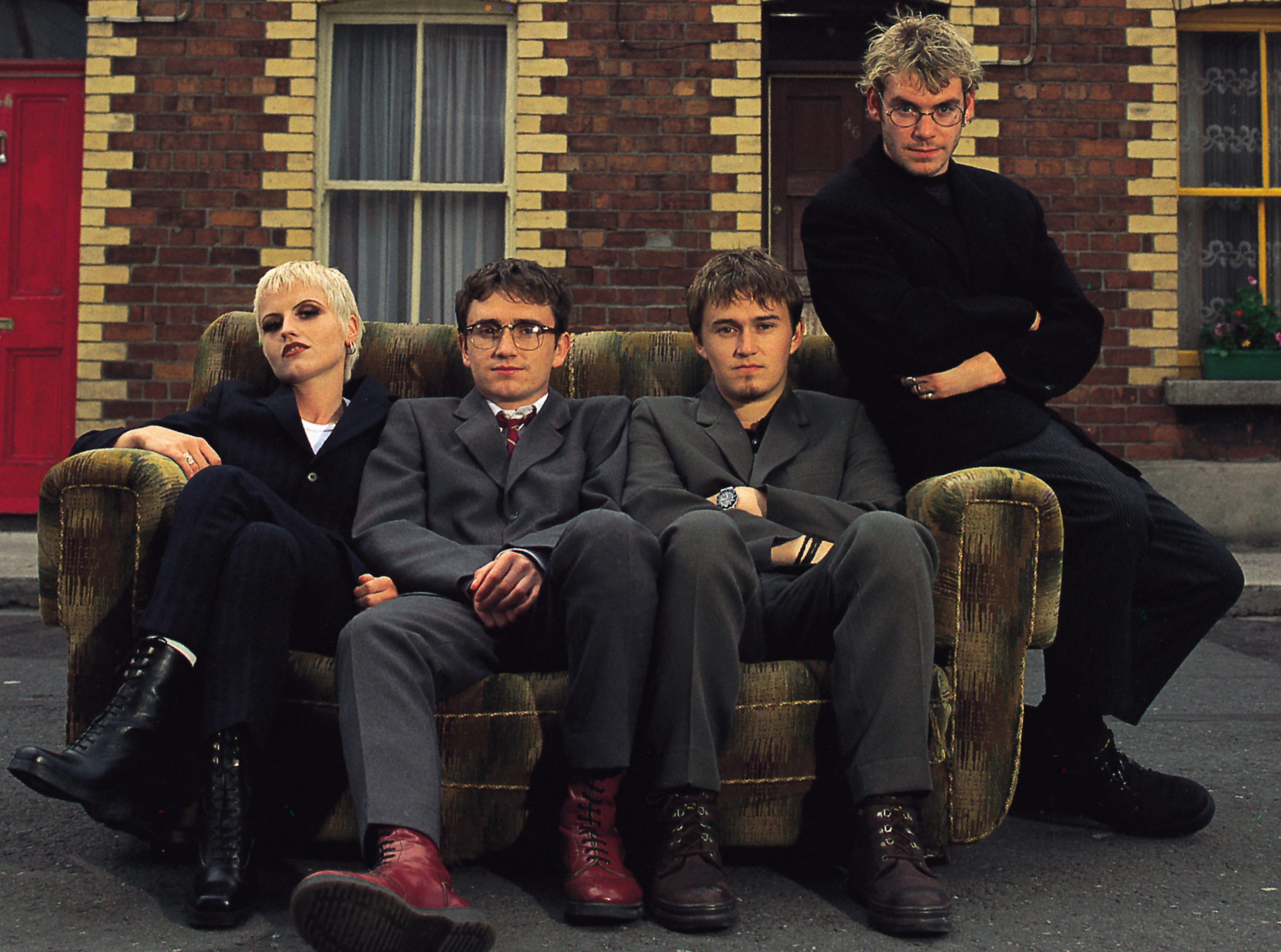“Dreams,” the Cranberries’ 1992 debut single, is not the song most listeners will remember them by. The most likely candidates for that honor are “Zombie,” the headbanging protest against an IRA bombing that gave them their biggest hit, or ”Linger,” an orchestral ballad that was inescapable even many years after its release. Even “Ode to My Family,” with its do-do-do opening refrain, might have “Dreams” beaten. But “Dreams” is not only the best song in the Cranberries catalog; to my ears, it’s one of the very best rock singles by any band to hit the radio in the ‘90s.
There’s an old and mostly true adage that you only need three chords to write a great song. By that logic, “Dreams” is something like two great songs in one. It tumbles through almost its entire length using the same simple progression, picking up intensity and backing off, carried by an earworm of a guitar line and the unearthly voice of singer-songwriter Dolores O’Riordan, who died at age 46 on Monday. Then, after one chorus, it careens into an unexpected key and repeats almost the same progression there. It’s an unconventional move: Most songwriters would have placed it at a later, more climactic moment in the song, if at all; most singers would fill it with something other than the ecstatic yodeling that would later become a familiar hallmark of O’Riordan’s style. It’s a little jarring every time you hear it, no matter how prepared you are.
https://youtube.com/watch?v=6Tk7SstoQ3Y
“Dreams” is about desire so intense it verges on loss of selfhood. This unassuming little bridge effects a musical version of this same displacement, taking the chord changes you were singing along to seconds before and making them briefly unrecognizable. O’Riordan’s wordless vocalizing expresses a depth of yearning that goes unspoken in her straightforward lyrics. When “Dreams” returns to its home key in the second verse, the music is technically the same as it was in the first, but now the ground is now shaky and uncertain.
But it doesn’t collapse again. After that interjection, “Dreams” proceeds in orderly fashion, like someone who’s successfully pulled themselves together after descending into babbling incoherence in front of their partner or crush. The further you move away from it, the more anomalous it becomes in retrospect, coloring the rest of the song with its strangeness. The moment may be over, but the memory remains.





